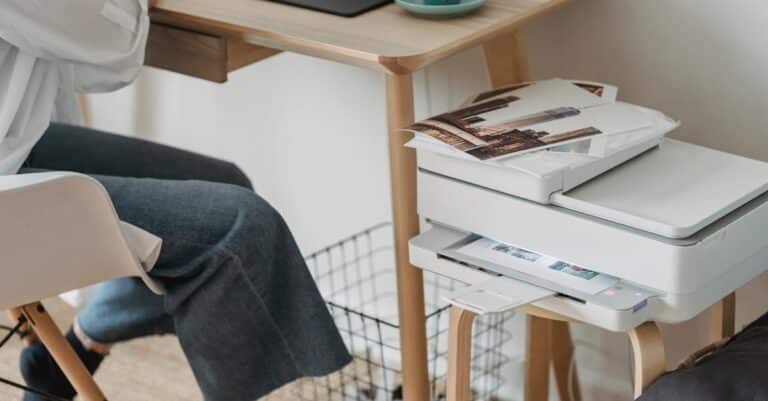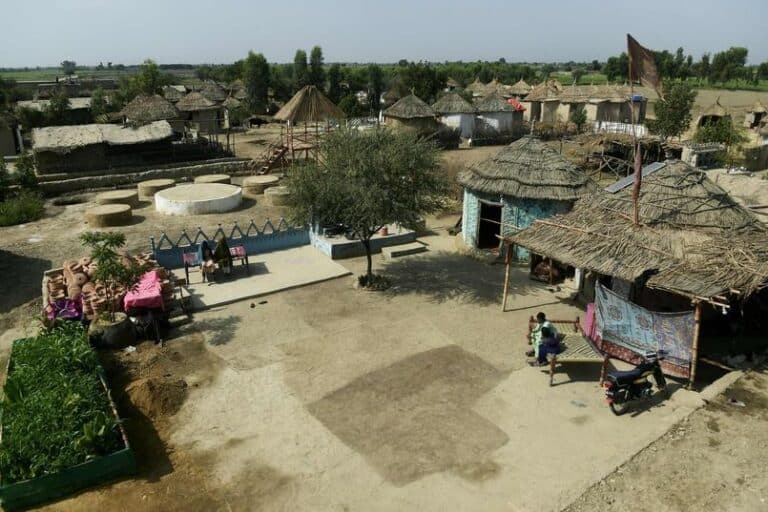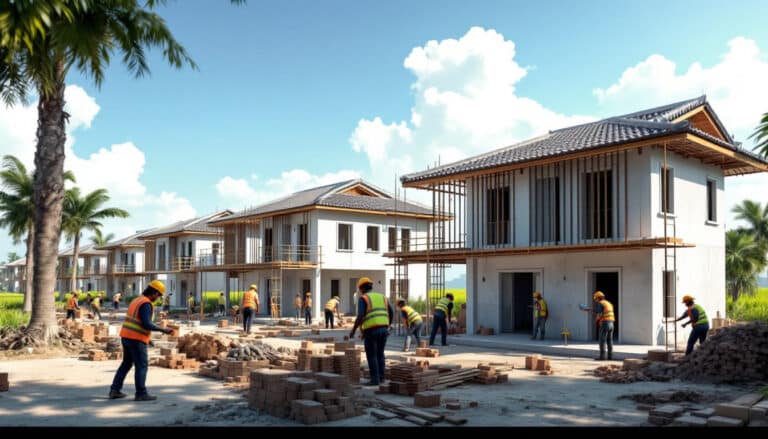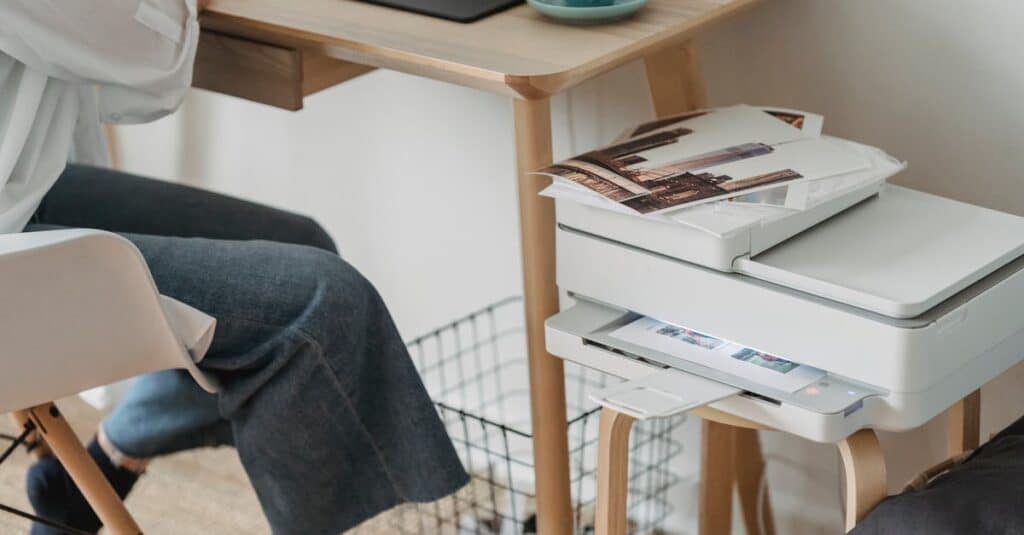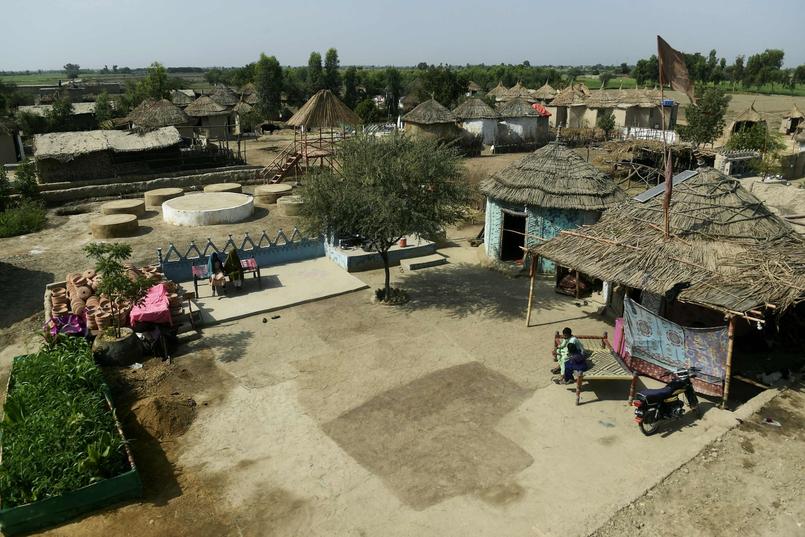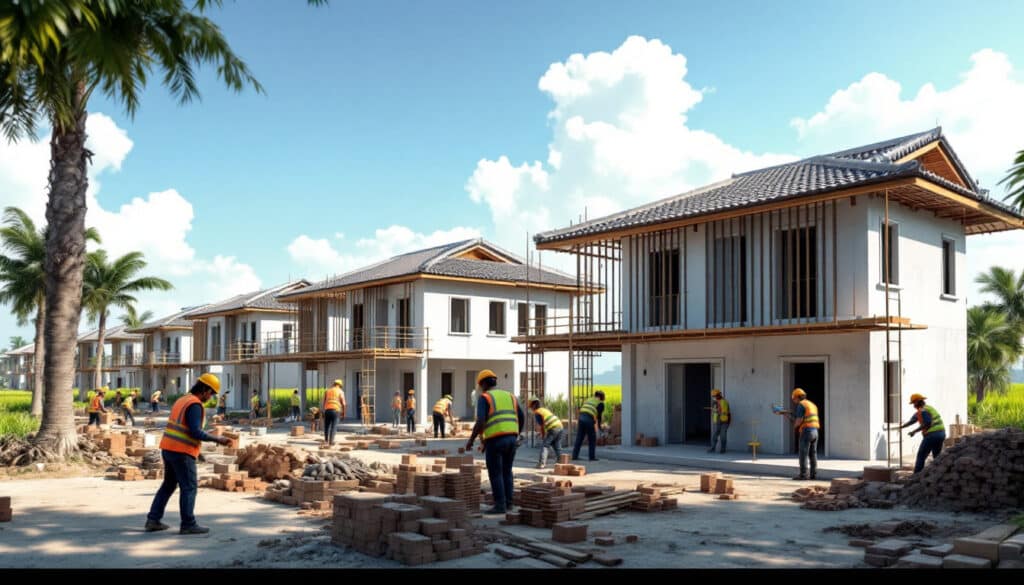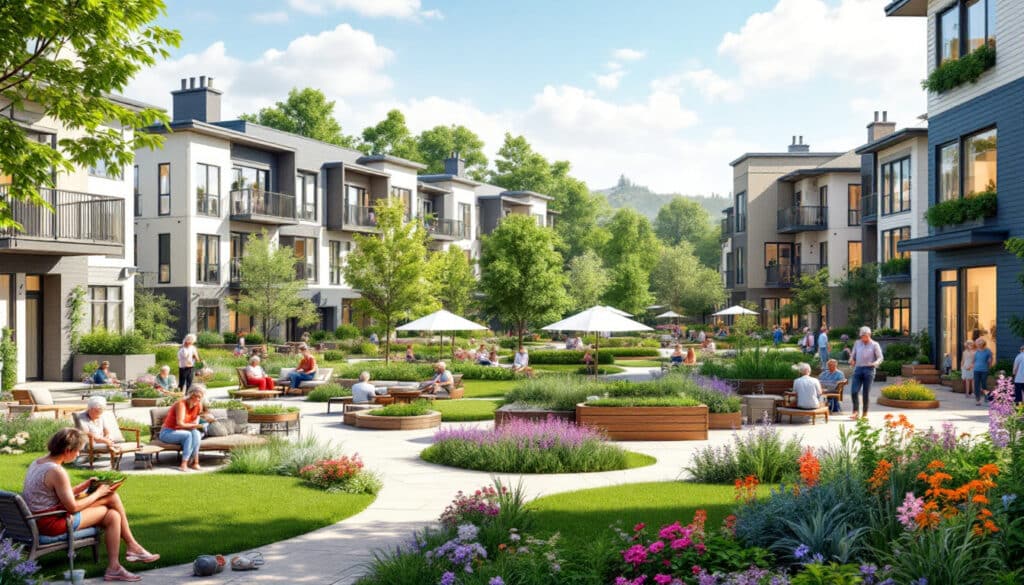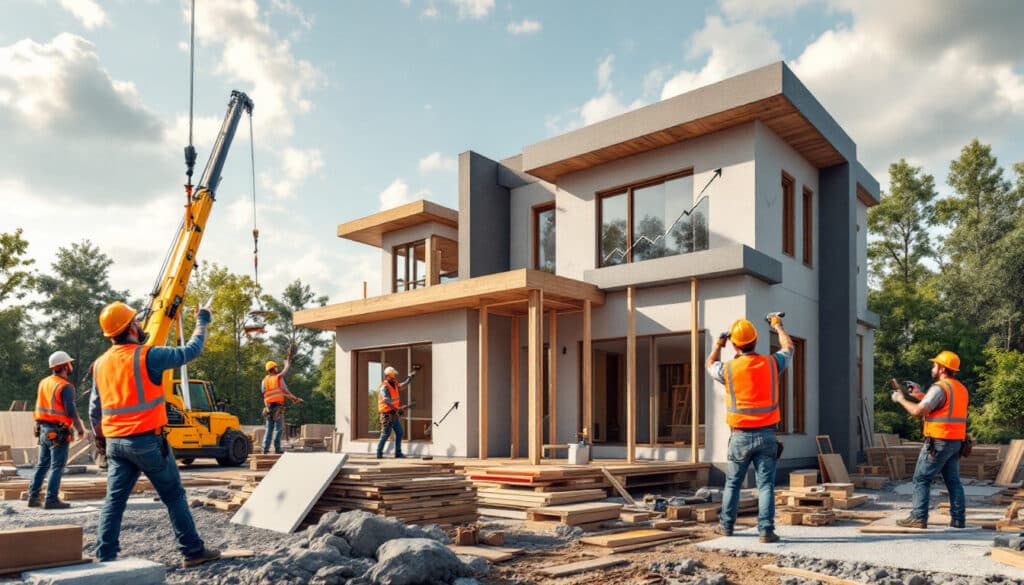At the crossroads of nature and habitat, the design of your garden makes perfect sense. Some tree species, although attractive in appearance, can quickly become real challenges when planted too close to your home. Discover the species to avoid in order to preserve the health of your habitat and ensure its longevity against the whims of vegetation.
When considering enhancing your garden, it is crucial to know the trees to avoid near your house. Some species, like the poplar, the weeping willow, and the silver maple, have invasive roots that can cause structural damage, such as cracks in the foundations or waterproofing issues. Other trees, such as the magnolia, are known for their leaf drop, which can clog gutters and damage the roof. By wisely choosing your plantings, you will protect the durability of your habitat and avoid future complications.

Table of Contents
ToggleDiscover the trees to avoid near you
When it comes to choosing trees for your garden, it is essential to consider where you plant them. Some tree species can cause structural damage to your home. Invasive roots can infiltrate the foundations, leading to cracks and moisture problems. For example, trees like the poplar and the weeping willow are known to have deep and prolific roots that can disrupt the integrity of your habitat.
The species to absolutely avoid near your home
Here are some trees to exclude from your landscape: the magnolia, whose falling leaves can block your gutters, and the oak, which, although majestic, can cause problems with its roots. Other species to watch out for include the acacia and the silver maple, which have growth characteristics that can harm your nearby installations. These trees, if planted too close, will bring about various maintenance problems and affect the durability of the constructions.
Consequences of inappropriate plantings
Inappropriate plantings can cause significant damage in the long term. In addition to cracks on your walls, water leaks in the foundations can also occur, worsening living conditions inside your home. Deeply rooted and invasive roots affect not only the structure, but their growth can also lead to soil deformation around them, which is problematic. Therefore, avoid sowing trees like the weeping willow or the poplar near your home to ensure the safety of your habitat.


